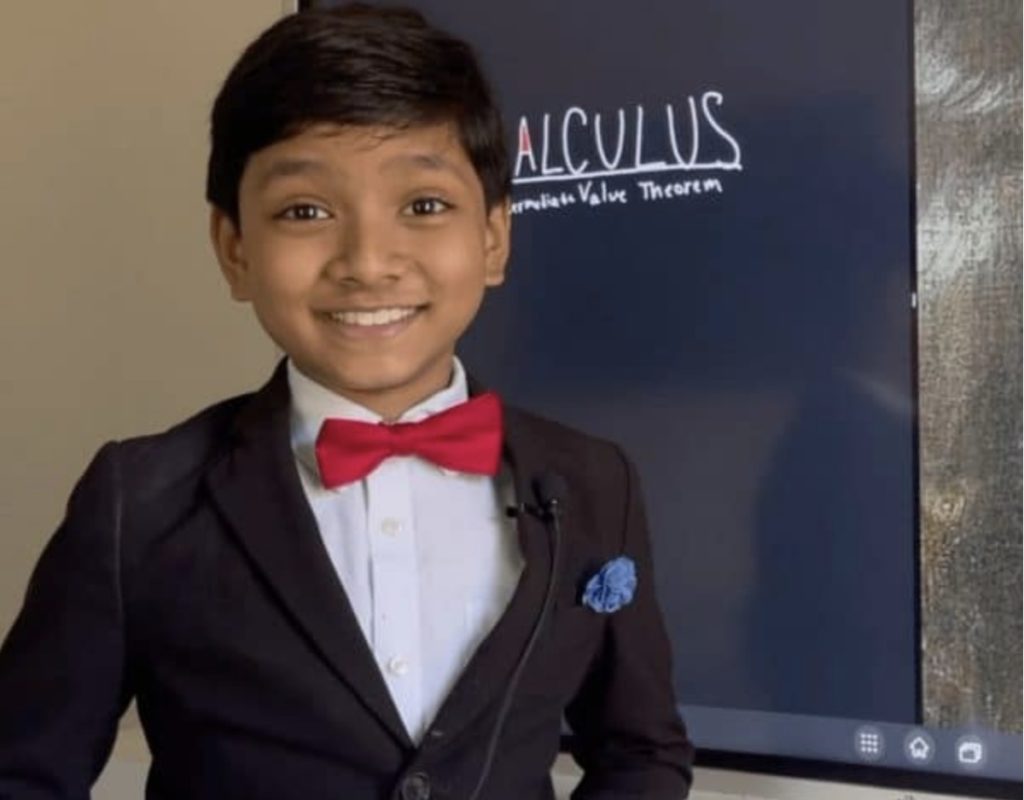Do we all have the potential to become the next Albert Einstein, or are some people born with greater brain power than the rest of us? The debate rages on, fueled by strong emotions and fomented by cherished ideologies. Many who subscribe to an egalitarian ideology argue that, except for the mentally challenged, we all have roughly the same intelligence. They claim that those who demonstrate prowess in academics, athletics or creative invention are no more capable than anyone else–such “over-achievers” merely work harder and longer. In 1993, psychologist Anders Ericsson challenged the concept of innate talent, asserting:

Individual differences, even among elite performers, are closely related to assessed amounts of deliberate practice. Many characteristics once believed to reflect innate talent are actually the result of intense practice extended for a minimum of 10 years. Analysis of expert performance provides unique evidence on the potential and limits of extreme environmental adaptation and learning.
Six years later, psychologist Michael Howe in his book Genius Explained, asserted that Mozart had no special talent and that his “genius” was really little more than hard work over a prolonged period. In 2008, journalist Malcolm Gladwell, in his bestselling book Outliers: The Story of Success, popularized Ericssons’ research, asserting that talent is a myth and exceptional performance is merely the result of about 10,000 hours of deliberate practice–a conversion of Ericsson’s 10-year criterion with the assertion “Ten thousand hours is the magic number of greatness.”
However, other researchers point to child prodigies as examples of those who rise to the top of their domain before they were old enough to log 10,000 hours of practice. Drawing upon research from MRI scans, Elizabeth Winner, psychologist at Boston College states:
Indirect evidence indicates that gifted children and savants have atypical brain organization (whether as a result of genetics, the in utero environment, or after-birth trauma). First, giftedness in mathematics, visual arts, and music is associated with superior visual-spatial abilities, and children with mathematical gifts show enhanced brain activity in their right hemisphere when asked to recognize faces, a task known to involve the right hemisphere.
In 2014, when only 2 years of age, Soborno Bari was interviewed on The Voice of America where he demonstrated how to solve graduate-level chemistry problems. The video went viral and Bari was given the middle name “Isaac” to suggest that he might be the next Isaac Newton. At the age of 4, Soborno Isaac Bari received a letter from former U. S. President, Barack Obama acknowledging his special achievements in mathematics and science. On January 3, 2020, Bari received the Global Child Prodigy Award from Nobel Laureate Kailash Satyarthi. On January 4, 2020, Bari, at 8 years of age served as a visiting professor at the University of Mumbai.
Soborno Isaac Bari is an example of the precocious children who demonstrate advanced cognitive skills at a very early age. Those who teach gifted children usually assert that their exceptional talents are innate. Others assert that these prodigies are merely the products of overly ambitious parents who attempt to fulfill their dreams through their children. The war of words rages on, but more evidence supporting the existence of innate talent seems to be accumulating as science investigates neural issues. For example, in 2011, a large group of researchers published the results of a genome-wide analysis of 549,692 single nucleotide polymorphisms (SNPs) involving 3511 unrelated adults. (An SNP represents a difference in a single DNA building block, called a nucleotide.) They reported:
Our results unequivocally confirm that a substantial proportion of individual differences in human intelligence is due to genetic variation, and are consistent with many genes of small effects underlying the additive genetic influences on intelligence. … [Furthermore] purely genetic (SNP) information can be used to predict intelligence.
Learn more at: https://www.intelligence-and-iq.com/downloads/. Click on the button titled, is talent a myth?
See also an article in Psychology Today accessible at: https://www.psychologytoday.com/us/blog/experimentations/202111/one-personality-trait-distinguishes-gifted-people
